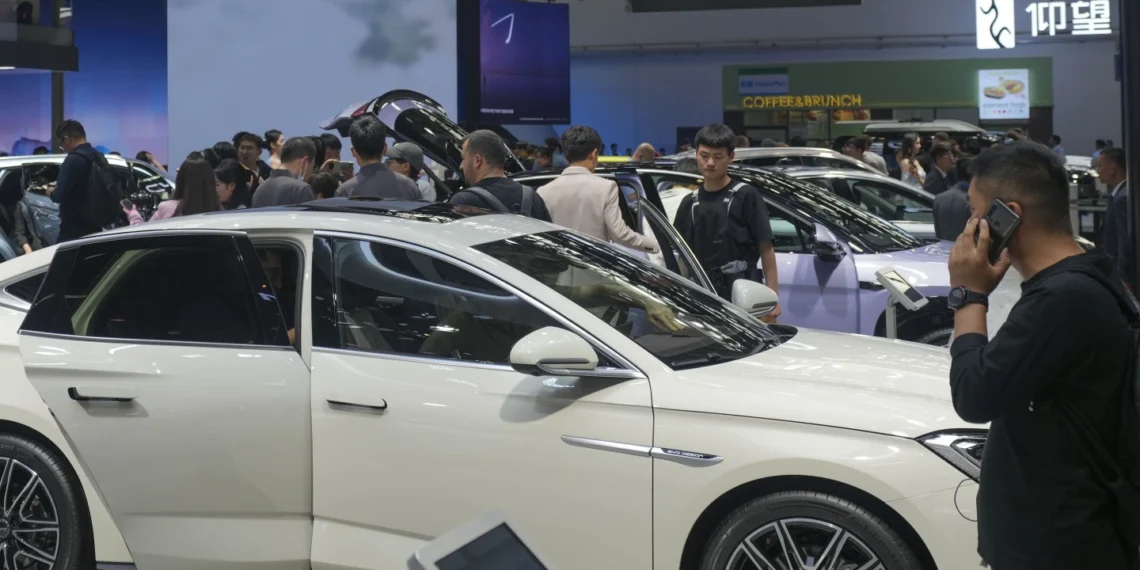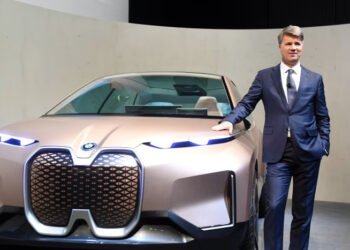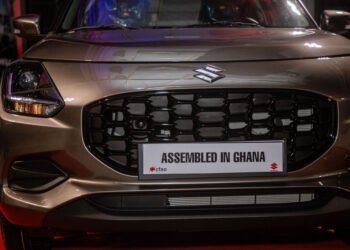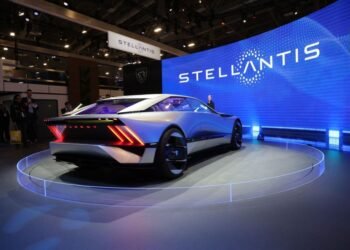The European Union (EU) is set to implement significantly higher customs duties on electric vehicles (EVs) imported from China.
This escalates the trade conflict over Chinese government subsidies and the country’s increasing exports of green technology to the 27-nation bloc.
The increased duties are scheduled to take effect on Friday, July 5, pending a final decision in four months.
This move follows an eight-month investigation by the European Commission, the EU’s executive arm, which concluded that Chinese electric car manufacturers receive substantial government support.
This allows them to offer lower prices compared to European competitors, gaining significant market share and posing a threat to jobs in the EU.
The imposition of these tariffs allows time for negotiations between the EU and Chinese government officials.
Talks have been held between Valdis Dombrovskis, the EU Commissioner for the Economy, and Chinese Trade Minister Wang Wentao, as well as at the level of technical experts.
Commission spokesperson Eric Mamer emphasized that the higher duties are not an end in themselves but rather “a means to correct an imbalance.”
He expressed hope for a resolution that would eliminate the need to proceed with the tariffs.
If enforced, the duties will include a 17.4% tariff on cars from BYD, 19.9% on those from Geely, and a substantial 37.6% on vehicles exported by China’s state-owned SAIC.
Geely, which owns brands such as Polestar and Sweden’s Volvo, and SAIC, which owns Britain’s MG, a popular EV brand in Europe, are notably impacted.
Other Chinese EV manufacturers, including Western companies like Volkswagen, BMW, and Tesla, will face duties of at least 20.8%. The commission noted that Tesla might receive an “individually calculated” rate if the duties are definitively imposed.
Chinese car manufacturers have excelled in producing affordable electric vehicles amid intense price competition in the world’s largest car market.
For instance, BYD’s Seal U Comfort model sells for 21,769 euros ($23,370) in China but 41,990 euros ($45,078) in Europe.
Similarly, the base model of BYD’s compact Seagull, expected to enter the European market next year, is priced at approximately $10,000 in China.
The potential impact of these duties on car prices remains uncertain. Chinese manufacturers might choose to absorb the costs through reduced profits rather than increasing prices.
While consumers might benefit from lower prices on Chinese cars in the short term, the European Commission argues that allowing unfair practices could eventually reduce competition and lead to higher prices in the long term.
China’s Response
Beijing has strongly criticized the higher duties, labeling them “a naked act of protectionism.”
He Yadong, a spokesperson for the Chinese Commerce Ministry, stated that several rounds of technical consultations had taken place and highlighted that a final EU ruling is not expected for four months.
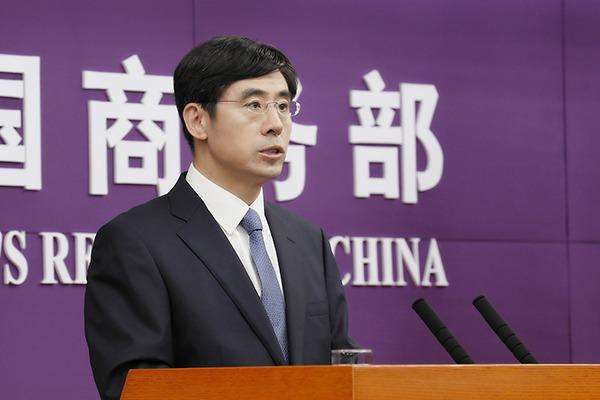
“It is hoped that the European side and the Chinese side will move in the same direction, show sincerity, expedite the consultation process, and reach a mutually acceptable solution as soon as possible on the basis of facts and rules.”
He Yadong
He also expressed China’s hope that the EU would seriously consider the opinions of European automakers and governments opposing the tariffs, and avoid anti-subsidy measures that could damage cooperation between the Chinese and European automotive industries.
The nature of any potential agreement remains unclear. One possibility is establishing minimum prices for Chinese cars.
Alternatively, China could retaliate against European products such as pork or brandy imports, or luxury car imports from Europe.
In the long term, Chinese car manufacturers might circumvent tariffs by establishing production facilities in Europe.
BYD is currently building a plant in Hungary, while Chery has a joint venture to manufacture cars in Spain’s Catalonia region.
As the situation develops, both sides are under pressure to find a resolution that balances the interests of their respective automotive industries while maintaining fair trade practices.
READ ALSO: NDC Warns of Democracy Under Siege Amid Judiciary Crisis

